
GI-1.1 adds support for glossy reflections rendering
GI-1.1 is available now as part of the AMD Capsaicin Framework. GI-1.1 includes new support for glossy reflections rendering.



GI-1.1 is available now as part of the AMD Capsaicin Framework. GI-1.1 includes new support for glossy reflections rendering.
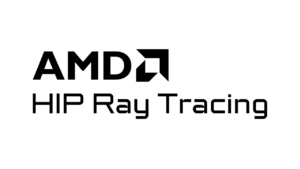
With the release of v2.2, HIP RT now support multi-level instancing. Multi-level instancing can help to reduce memory requirements, allowing you to render large scenes with limited memory.
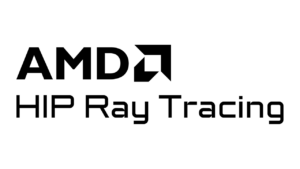
This blog post shows how it is possible to use HIP RT to accelerate neighbor search in Smoothed Particle Hydrodynamics (SPH) simulations.

HIP Ray Tracing v2.1 adds support for batch construction, global/dynamic stacks, transformation query functions, plus other new features.
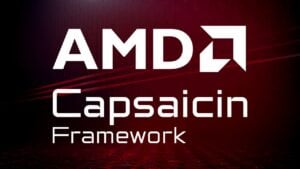
Capsaicin is a Direct3D12 framework for real-time graphics research which implements the GI-1.0 technique and a reference path-tracer.

AMD Capsaicin Framework is a research framework for real-time graphics which we have been using to develop and test new and upcoming rendering algorithms. We are now releasing it to the public.

This presentation is a practical implementation of a solution aimed at making the most of every sample by caching the estimated radiance into a cache hierarchy used for both sampling and filtering.

HIPRT-v2 is now available for download! This post covers some of the most exciting features and optimizations.
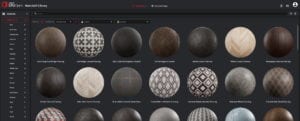
MaterialX Library is a collection of high-quality materials and related textures that is available completely for free.
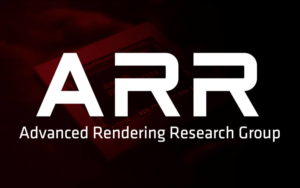
Find out more about the work of our Advanced Rendering Research Group, including projects, publications, and more.
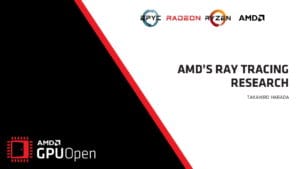
Watch this video digest of our recent ray tracing research, including efficient global illumination sampling, light sampling, and multi-resolution geometric representation.
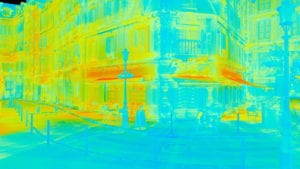
The benefits of the level of details technique for ray tracing are not trivial. This blog explores the issues, giving the rationale for our new technique.